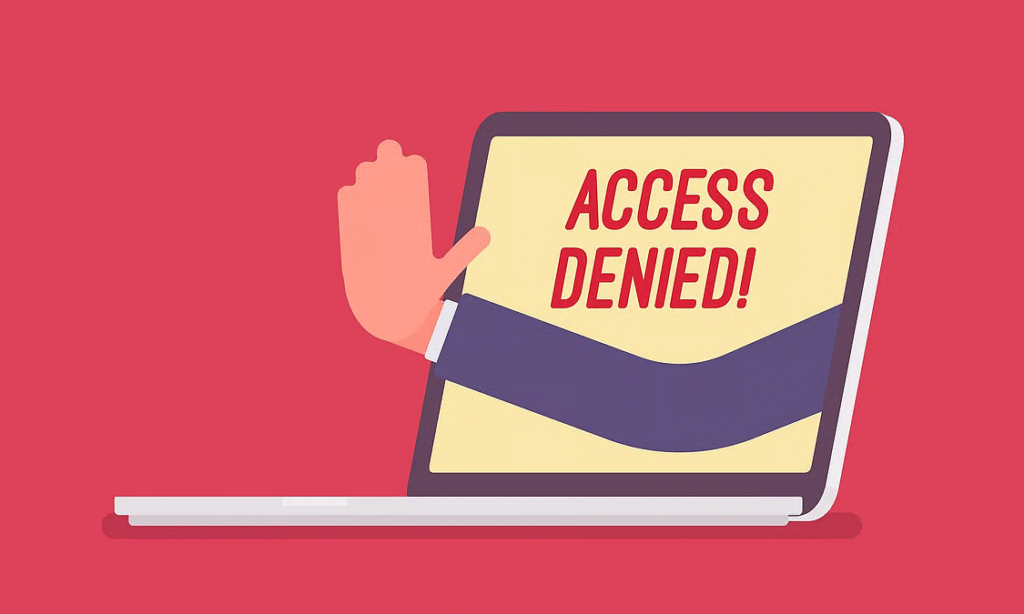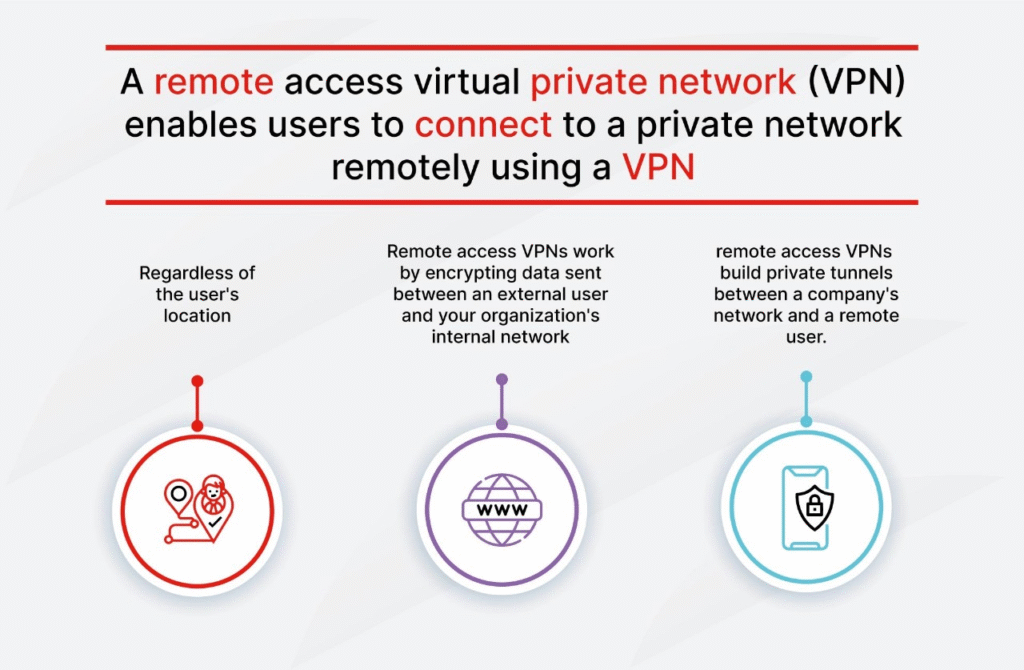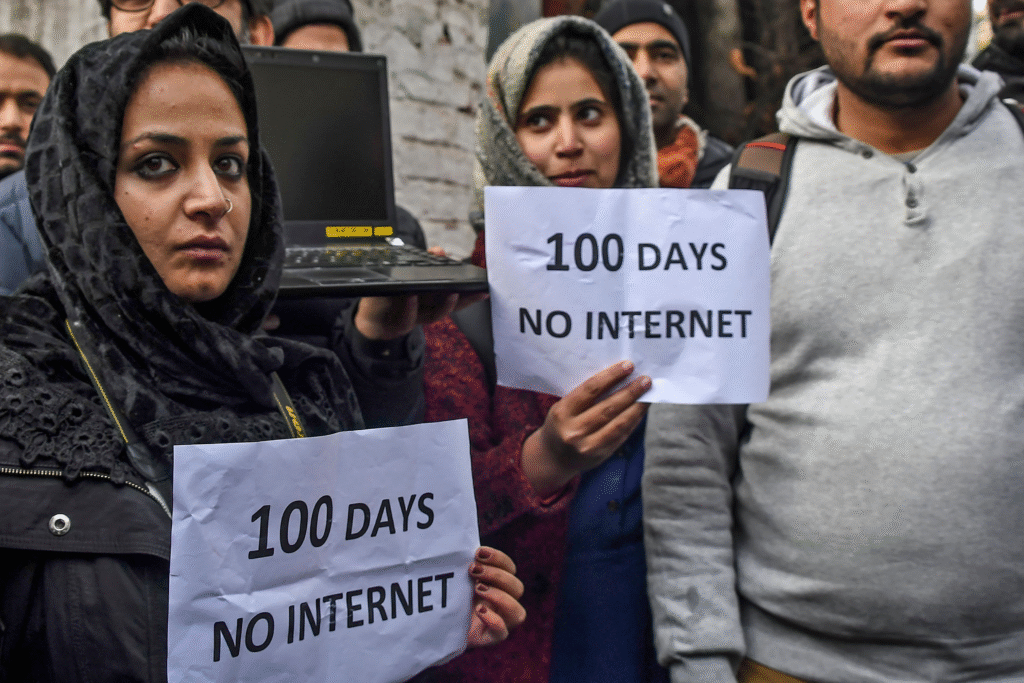Introduction: The Fight for Internet Freedom
Internet censorship is growing at an alarming pace. From blocked websites and social media restrictions to complete internet shutdowns, governments and ISPs are increasingly limiting access to information. Whether you’re in China, Iran, India, or any censorship-heavy country, VPNs (Virtual Private Networks) offer a powerful way to bypass digital barriers and regain access to the free internet.
In this guide, we’ll explore how VPNs help bypass censorship, what features matter most when choosing one, and the top VPN services for evading government firewalls in 2025.

What Is Internet Censorship and Why Does It Exist?
Common Forms of Censorship:
- Blocked websites: News outlets, social media platforms, search engines.
- Content filtering: Certain keywords or political topics are restricted.
- Throttling or shutdowns: Slow or completely cut off internet during protests.
- Surveillance laws: Government tracks online activity and data.
Why Governments Censor the Internet
- Control public opinion
- Suppress dissent and political opposition
- Enforce local laws or morality codes
- Limit foreign influence or misinformation
Whether justified or not, this digital control violates freedom of speech and access to information — two fundamental rights in a free society.
How VPNs Help Bypass Censorship
A VPN encrypts your internet traffic and routes it through a secure server in another country. This not only hides your IP address but also masks your real location, tricking censorship systems and firewalls into thinking you’re somewhere else.
Key Ways VPNs Bypass Censorship:
- Avoid DNS Filtering: VPNs use their own DNS servers to access blocked websites.
- Bypass Deep Packet Inspection (DPI): Quality VPNs disguise traffic to avoid detection by ISP filters.
- Use Obfuscation Technology: This makes VPN data look like regular traffic.
- Access Geo-Restricted Content: Lets you unblock social media, YouTube, Google, and news sites in restricted countries.

Best VPN Features to Look for When Fighting Censorship
Not all VPNs are created equal — especially when it comes to censorship-heavy regions like China, UAE, or Iran.
Must-Have Features:
- ✅ Obfuscated/Stealth Servers
- ✅ No-Logs Policy
- ✅ Kill Switch
- ✅ Multi-hop (Double VPN)
- ✅ Works in China
- ✅ Supports Shadowsocks or WireGuard
- ✅ RAM-only servers
- ✅ Custom DNS

Top 5 VPNs to Bypass Censorship in 2025
Here are the most trusted VPNs that have a proven track record of working in countries with strict digital firewalls:
1. ExpressVPN
- Headquarters: British Virgin Islands
- Obfuscation: Yes (Stealth Servers)
- Apps for: Windows, Mac, Android, iOS, routers
- Why It’s Great: Reliable in China, fast speeds, strong encryption
2. NordVPN
- Headquarters: Panama
- Obfuscation: Yes (Obfuscated Servers)
- Multi-hop + Onion over VPN
- Why It’s Great: Works in restrictive regimes, offers advanced security options
3. Surfshark
- Headquarters: Netherlands
- Obfuscation: Camouflage Mode
- Affordable with unlimited connections
- Why It’s Great: Great value for money with censorship-busting tools
4. Proton VPN
- Headquarters: Switzerland
- Open-source and audited
- Works in Iran and China (with custom config)
- Why It’s Great: Privacy-focused and supports advanced protocols
5. VyprVPN
- Headquarters: Switzerland
- Chameleon Protocol: Built for deep packet inspection
- Why It’s Great: Built specifically for bypassing VPN blocks
Use Cases: Real-World Scenarios Where VPNs Bypass Censorship
1. Unblocking YouTube in Schools or Offices
Many institutions block YouTube or social media. A VPN helps bypass firewalls to regain access.
2. Accessing News Sites in Iran or Russia
Government censorship blocks foreign media. VPN servers abroad allow unrestricted reading.
3. Using WhatsApp or Telegram in UAE
Countries like the UAE block VoIP apps. VPNs unblock them by masking your location.
4. Avoiding Surveillance During Protests
Activists use VPNs to securely communicate and browse without exposing their identity.

Are VPNs Legal in Censored Countries?
This depends on your location. Here’s a quick overview:
| Country | VPN Status | Notes |
|---|---|---|
| China | Restricted | Only government-approved VPNs allowed |
| Russia | Restricted | Legal, but censorship circumvention is banned |
| Iran | Illegal | Yet many citizens use VPNs |
| UAE | Legal but monitored | Fines for misuse (e.g., VoIP apps) |
| India | Legal | Recent data laws affect usage by companies |
⚠️ Always check your local laws before using a VPN. VPNAdwiser does not condone illegal activity.
How to Use a VPN to Bypass Censorship (Step-by-Step)
- Choose a reliable VPN provider (e.g., NordVPN, ExpressVPN)
- Install the VPN app on your device
- Enable obfuscation mode or stealth protocol (if applicable)
- Connect to a censorship-free server (e.g., USA, Netherlands)
- Start browsing or using blocked apps like YouTube, WhatsApp, X, etc.
Free vs Paid VPNs — Which Is Better for Censorship?
| Feature | Free VPN | Paid VPN |
|---|---|---|
| Speed | Slow | Fast |
| Reliability | Often blocked | Consistently works |
| Security | Basic | Military-grade |
| Obfuscation | Rare | Included |
| Privacy | Risky (may sell data) | Strict no-logs policies |
👉 Verdict: Always choose a premium, paid VPN if you’re bypassing censorship. Free VPNs are easily detected and often dangerous.
[IMAGE PLACEHOLDER: Free vs paid VPN chart — Search Google for: “free vs paid VPN censorship”]
FAQs About VPNs and Censorship
1. Is it legal to use a VPN in China?
Technically, only government-approved VPNs are legal. However, millions use unapproved services discreetly.
2. Can a VPN bypass the Great Firewall of China?
Yes, top-tier VPNs with obfuscation (like ExpressVPN or NordVPN) can successfully bypass it.
3. Will my ISP know I’m using a VPN?
Most VPNs use obfuscation to hide VPN traffic, but technically your ISP can see encrypted traffic unless obfuscation is enabled.
4. Are VPNs safe for activists or journalists?
Yes, when using a trustworthy, no-logs VPN with stealth mode and kill switch enabled.
5. Can I use a VPN to access Netflix or YouTube in censored countries?
Absolutely. A good VPN will unblock streaming sites and protect your data at the same time.
Final Thoughts: Your Gateway to the Open Internet
Internet censorship is a growing global issue, but it’s not unstoppable. With the right VPN, you can bypass digital restrictions, protect your identity, and access the information you deserve — wherever you are.
Whether you’re a journalist, a student, or simply someone who values open communication, VPNs remain the most effective and secure way to fight back against censorship in 2025.

